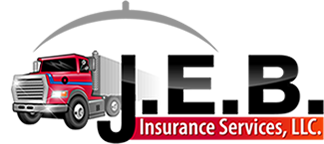Trucking insurance is a hefty business expense, no matter what provider you have. But as you scale your business, you can lower that proportion through overarching policies of driver safety, regular maintenance, and tracking your route data.
Keep your insurance low with generally good driving even after an accident.
If you’re a single owner-operator, a couple of claims or traffic accidents can increase your riskiness to insure, which in turn raises your premiums. Accidents happen, but even two or three can be considered a significant proportion of one individual’s record. The more drivers and employees you have across a growing fleet, the less of a risk your company represents: one bad driver can be diluted by many more good ones, and you can keep a driver who’s good at urban routes but not long ones (or vice versa) in the right niche. It’s just like with investing: diversifying means not having expensive losses when one factor goes wrong.
Your business can keep moving even with a car in the shop.
Again, if you’re a single owner-operator, getting repairs done on your truck can slow your business to a halt, especially if it was unexpected. That means losing out on the payments for the missed routes (and maybe ruffling a few feathers), or you could keep business continuity insurance that helps cover the bills during qualifying business interruptions. Neither option is preferable. But once your company expands to multiple trucks, you have backup plans and can keep your business running. Rearrange your schedules and routes to the extent you can and lose far fewer opportunities in the end. And because you can leverage several trucks against the workload, you can better schedule regular maintenance to prevent emergency repairs, too. Go to J.E.B. Insurance Services, LLC to get started. We provide commercial truck insurance in the states of Florida, Georgia, Texas, North Carolina, South Carolina, Tennessee, Illinois, Iowa & Nebraska.


